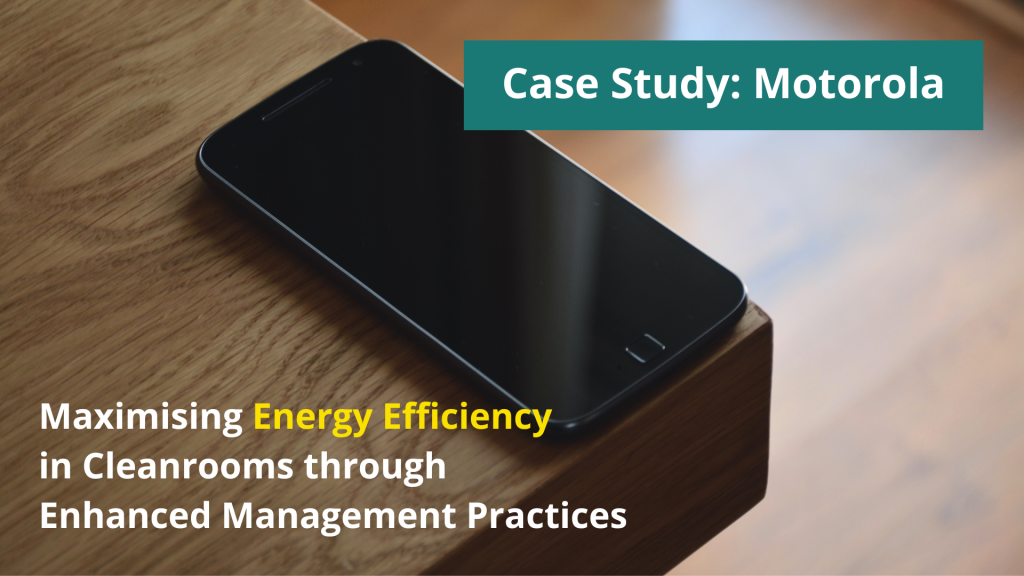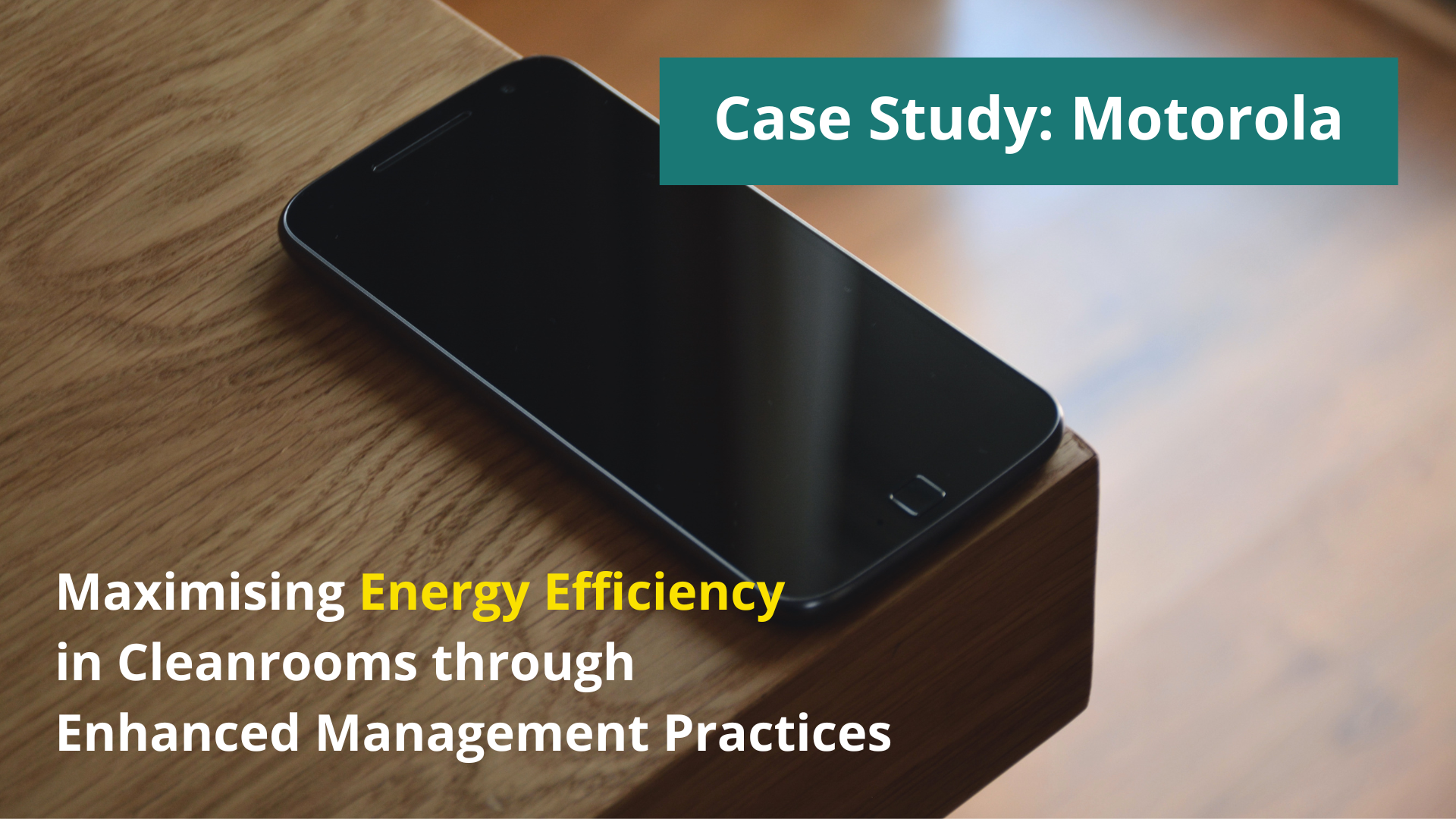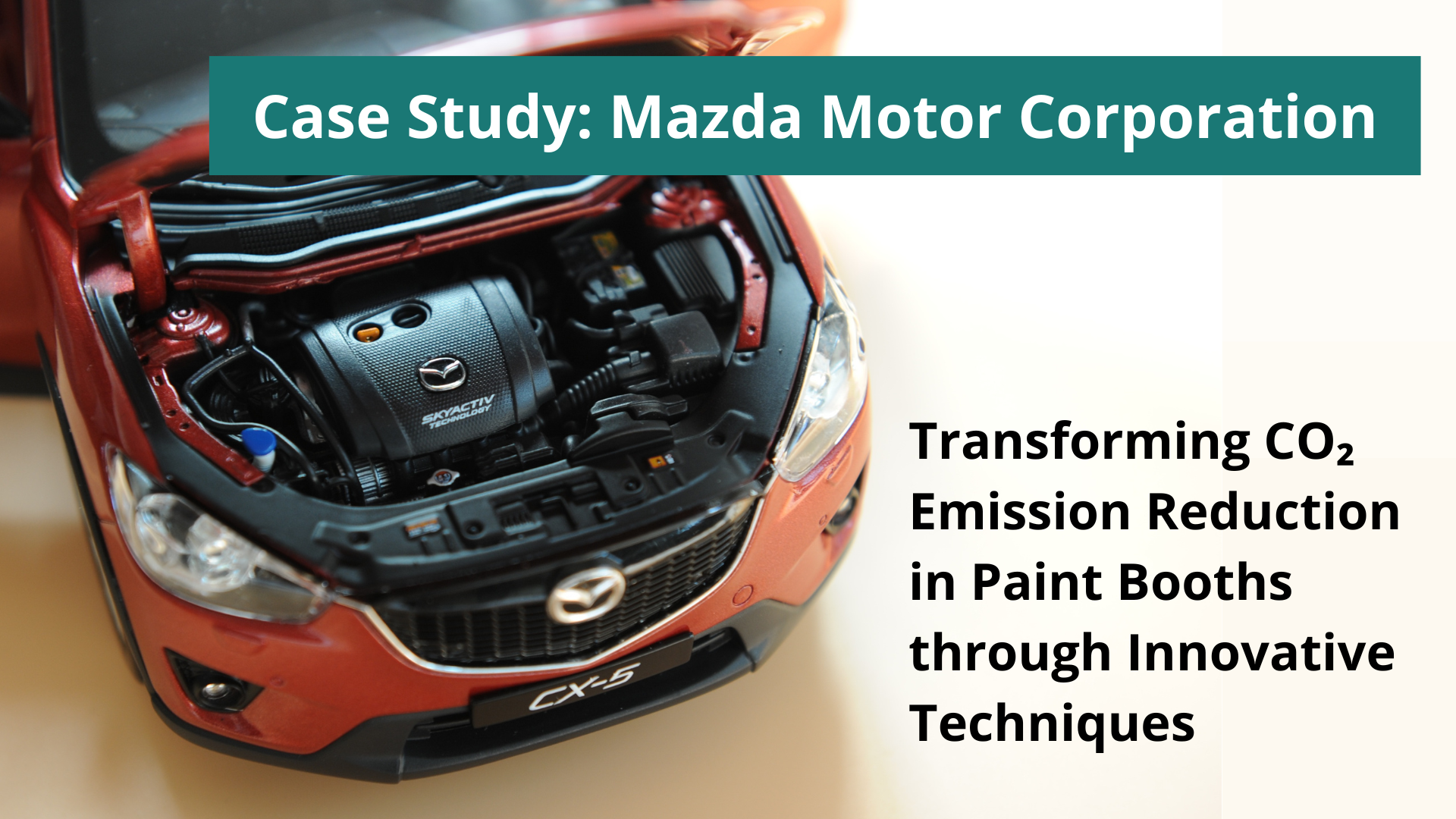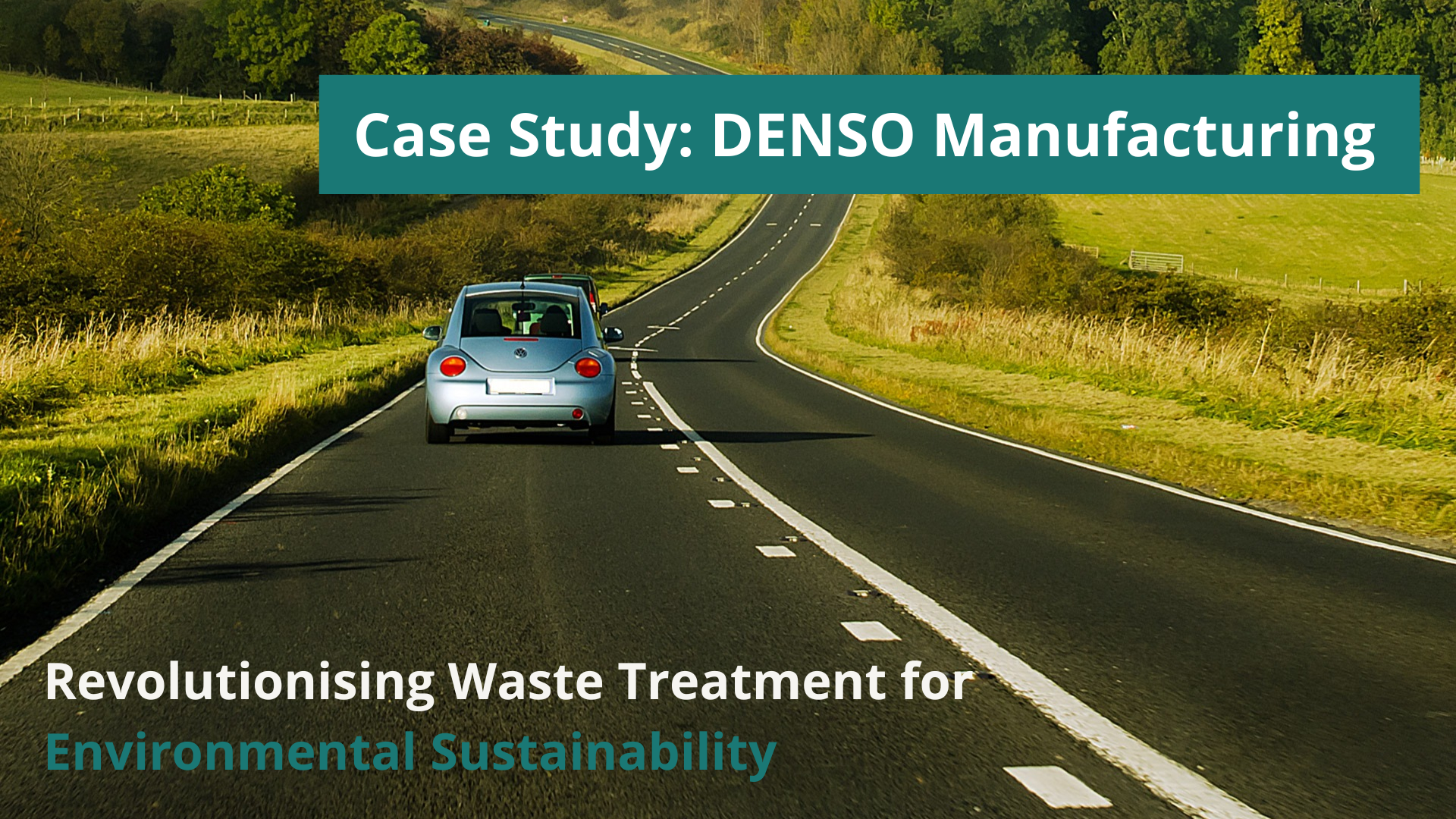
Motorola has successfully achieved energy savings by implementing enhanced management practices in their cleanroom facilities. By optimising temperature and humidity control and revising cleanliness requirements, Motorola was able to reduce energy consumption while upholding necessary operational standards. This case study explores Motorola’s best environmental management practices and their positive impact on energy efficiency.
Case Study: Motorola
Best Environmental Management Practice
Motorola implemented a series of measures to enhance energy efficiency in their cleanroom, including a revision of cleanliness requirements. Motorola achieved significant energy savings. These savings were primarily attributed to the improved control of temperature and humidity levels within the cleanroom. Unnecessary dehumidification of incoming air was avoided when the outside air already met the cleanroom’s humidity set point.
Environmental Aspects Affected
The implementation of enhanced management practices in Motorola’s cleanroom has had positive environmental implications. By reducing energy consumption through optimised temperature and humidity control, Motorola contributes to the overall reduction of greenhouse gas emissions. The avoidance of unnecessary dehumidification further minimises energy waste and promotes resource efficiency within the cleanroom facility.
Rationale / Economics
Motorola’s decision to improve the management of their cleanroom and revise cleanliness requirements was driven by the need to enhance energy efficiency and reduce operational costs. By avoiding unnecessary dehumidification and optimally controlling temperature and humidity, Motorola achieved significant energy savings. These energy efficiency measures not only align with environmental sustainability goals but also offer economic benefits through reduced energy consumption and associated costs.
Motorola’s successful implementation of improved management practices in their cleanroom showcases their commitment to energy efficiency and environmental responsibility. By revising cleanliness requirements and optimising temperature and humidity control, Motorola achieved notable energy savings. This best environmental management practice demonstrates Motorola’s dedication to sustainability and also highlights the economic advantages of energy-efficient operations. Motorola sets an example for the industry, inspiring others to adopt similar measures for a greener and more sustainable future.
Download Free Guide on Best Environmental Management practices in the Electrical and Electronic Equipment (EEE) Manufacturing industry that will help you to save on costs and be more eco-friendly.
If you would like to achieve benefits and integrate your business processes with the best environmental practices through the implementation of the Environmental Management System according to ISO 14001 – visit www.iso14001in14weeks.co.uk – I will be happy to help!

Ph.D. Beata Paliwoda
Founder and Owner of EQM. Environmental and quality consultant and auditor. Professional career built in Quality Assurance departments in various companies from the automotive, aerospace, railway industries, as well as a management systems consultant. Successfully completed many complex projects related to the implementation of management systems, process improvements and business transformation. Auditor of ISO 9001, ISO 14001, AS 9100, project manager of APM, lecturer at the Poznan University of Business and Economics, researcher on the effectiveness of EMS and QMS in organisations.
Sources
- European Commission, Best Environmental Management Practice for the Electrical and Electronic Equipment Manufacturing Sector, https://susproc.jrc.ec.europa.eu/product-bureau/sites/default/files/inline-files/BEMP_EEE_Manufacturing.pdf
- https://www.motorola.co.uk/
Disclaimer
The purpose of this blog post is to promote best environmental management practices and showcase a real-life example of sustainable initiatives. The information provided is based on available sources and is intended for general informational purposes only. The author does not assume any liability for the actions or decisions made by other organisations or individuals based on the content of this blog post. The author also does not claim to have been directly involved in the implementation of the described practices within the specific company mentioned.






